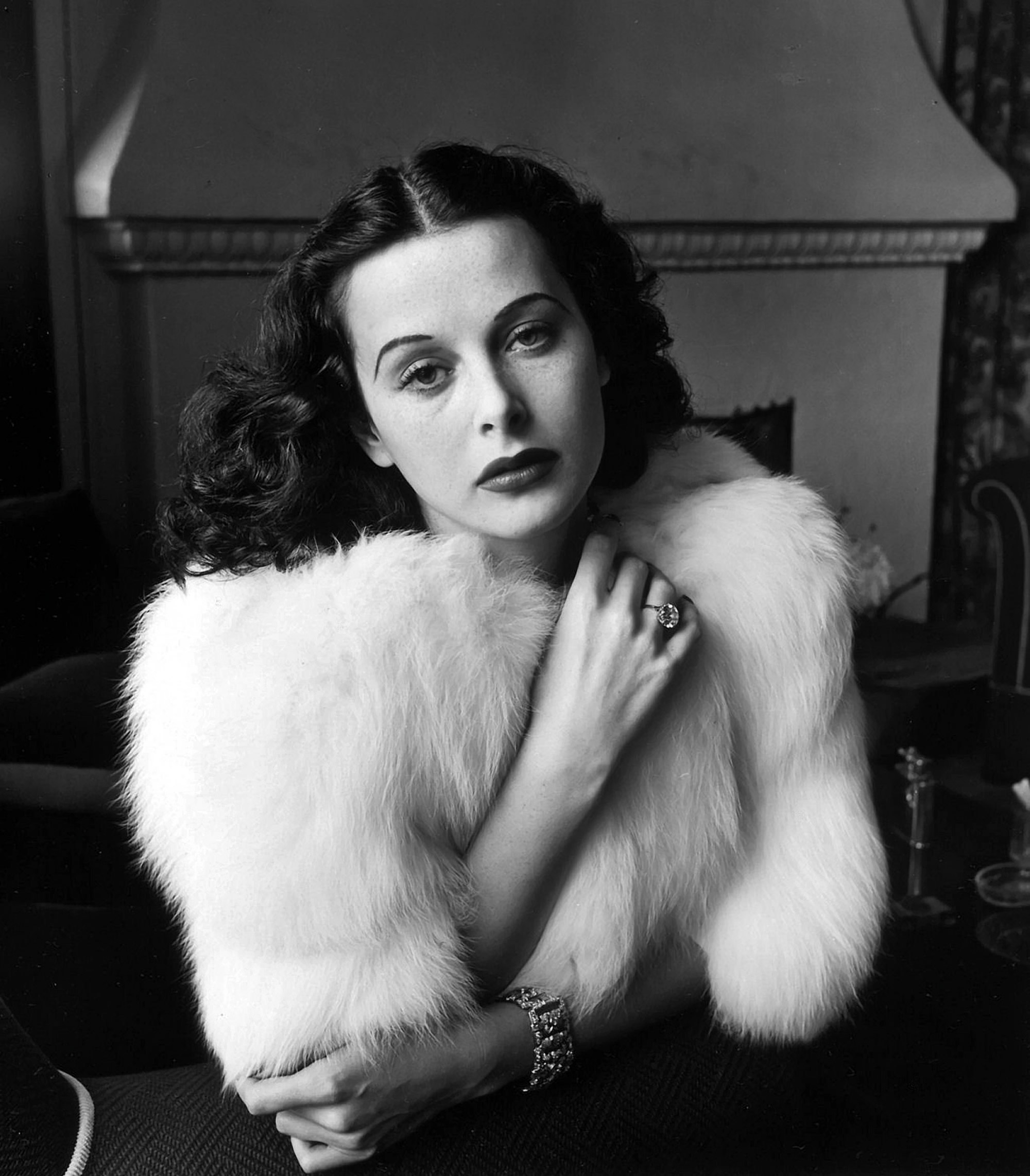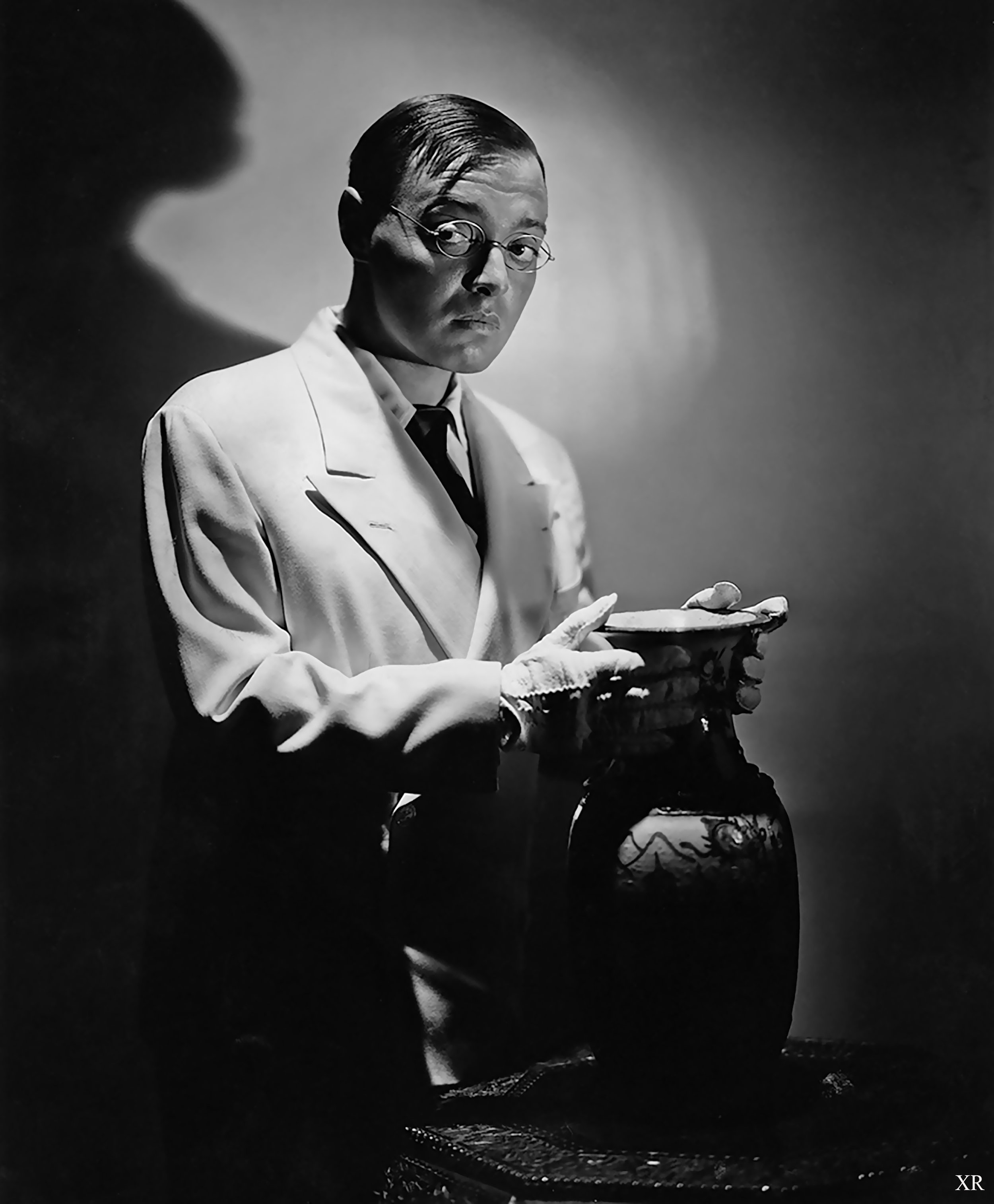Austrian Immigrants I: Hollywood
Migrants from “old” Habsburg Austria and “new” Republican Austria left a remarkable imprint on the Hollywood film industry. Directors, producers, actors, agents, composers of film music all made vital contributions to the “most American” art form—film. Many began in theaters in Vienna and Berlin and moved on to film—switching from theater being based on language to film dedicated to image. Some came before World War I, most, however, after the war—a flood of Jewish artists arrived in the 1930s. Directors such a Fritz Lang, Otto Preminger, Max Reinhardt, Alfred Zinnemann, Josef von Sternberg, Berthold Viertel, and Edgar Ulmer, all born in Vienna, put their imprint on Hollywood before and after World War II. Samuel “Billy” Wilder was born in Sucha, Galicia, in the Habsburg Monarchy and came to Hollywood via Vienna, Berlin and Paris. Wilder knew what the ascent of Hitler meant to Jews: “I was on the train to Paris the day after the Reichstag fire.” Wilder became successful during World War II as a screen writer and director. HE was famous for making “film noirs” and after the war increasingly for his comedies such as The Apartment (1960), which won three Oscars in 1960 (Best Movie, Best Director, Best Screenplay), after having already won 3 Oscars previously; altogether Wilder received a record 21 Academy Award nominations.
Vienna-born migrants such as Hans Julius Salter and Max Steiner, Brno-born Erich Wolfgang Korngold, along with Hanns Eisler (of Viennese parentage) were among the most successful composers of film music in Hollywood and infused American film with the “Viennese touch.” They all received Academy Award nominations, Korngold won two Oscars for best film music (“Adventures of Robin Hood,” 1938). Korngold imagined the film music score “as an opera without singing.” The Communist Eisler was forced to return to Europe after the House Un-American Activities Committee investigated him in the late 1940s (“McCarthyism”). Bohemian-born Paul Kohner, one of three brothers who went into the film business, started the most famous agency in Hollywood, helping numerous Europeans to get visas and find work in Hollywood during and after World War II. Vienna-born Ilse Lahn worked in his agency as a script-reader. Numerous actors became Hollywood stars after their stage careers in Vienna. Theodor Bikel starred with Humphrey Bogart (winning his only Oscar for best actor) and Katherine Hepburn in director John Huston’s and producer Sam Spiegel’s “African Queen” (1951), and later as the milkman Tevje in “Fiddler on the Roof” (1969). Vienna-born Hedy Lamarr advanced to stardom in Metro-Goldwyn-Mayer, often typecast as the archetypal glamorous seductress of exotic origin, elevating her to a sex symbol for American soldiers during World War II. She starred in 30 films. Self-taught, she also became an inventor. Among other inventions, she developed frequency-hopping signals for torpedoes so they could not be tracked or jammed. The U.S. Navy only adopted her technology in 1962. Her work spread spectrum technology contributed to the development of Bluetooth, and Wi-Fi. Married 6 times, she died in seclusion.
Gallery - click to enlarge:
Sources: Rudolf Ulrich. Österreicher in Hollywood: Ihr Beitrag zur Entwicklung des amerikanischen Films. Vienna: Österreichische Staatsdruckerei, 1993.
Anthony Heilbut. Exiles in Paradise: German Refugee Artists and Intellectuals in America from the 1930s to the Present. Boston: Beacon Press, 1983.
Essays by Katharina Prager on Viertel, Vera Kropf on Ilse Lichtblau Jahn, and Harmut Kroens on Eisler in Günter Bischof Quiet Invaders Revisted: Biographies of Twentieth Century Immigrants to the United States (TRANSATLANTICA 11). Innsbruck: StudienVerlag, 2017.
Anna G. Piotrowska. “’Vienna Touch” in Hollywood: Viennese-Born/Educated Composers and Early Film Scores,” in Joshua Parker/Ralph Poole, eds., Austria and America: Cross Cultural Encounters 1865–1933 (American Studies in Austria 14). Vienna; LIT Verlag, 2014, 95–108.



